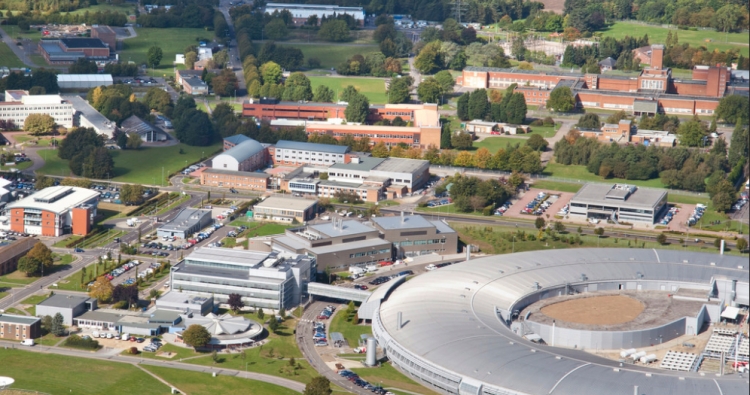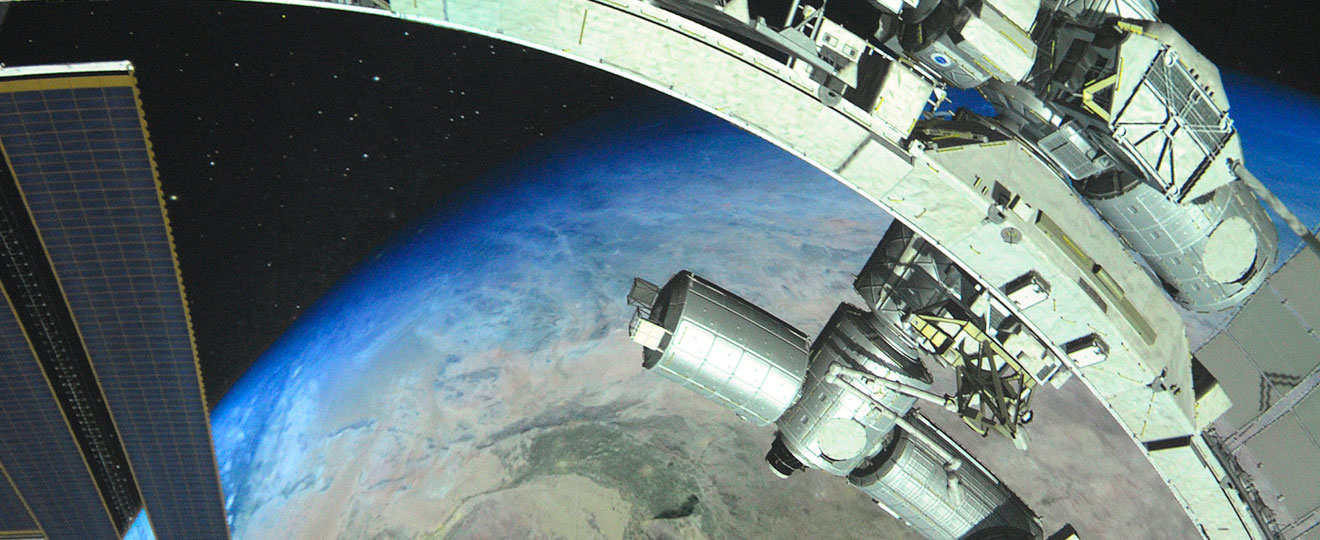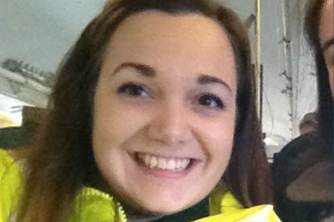What do you do in your Job?
My main role is to help environmental scientists, from across the UK, to archive and curate their data so that it can be used by others in the future. This mainly consists of collecting information from the scientist about their data (like what it is, when/where it was collected, how big is it etc.) and then writing a catalogue record webpage so that it can be found on our archive. The archive consists of ~3.7PB of data… which is equivalent to 3,700,000GB of data; so as you can imagine finding files that aren’t well documented is impossible!
Poppy’s top tips for a career in science
- Choose school subjects/degree in something you enjoy doing, not because you feel like you should
- Look at current job adverts and see what experience you would need to do that in the future
- You might not land your dream job immediately so try and find one that will eventually take you to where you want to be
- Update your CV to be specific for each job you apply for
- I had never even heard of STFC before I applied for my job, and that was just from stumbling across it on a google search. There are probably hundreds of interesting science careers out there that you’re yet to know about! So make sure you keep your options open and you aren’t too fixated on working for a specific organisation/company
Summarise the impact your job has on everyday life
Without CEDA’s archive, UK scientists wouldn’t be able to carry out their essential research into important environmental issues, such as climate change. These issues impact upon everyone’s lives on a daily basis and will continue to do so in the future.
What’s the best thing about your job?
The vast opportunities I’ve been given since starting. These include but not limited to…
- a secondment to the Facility for Airborne Atmospheric Measurements (FAAM) for a research field campaign to measure the Indian monsoon
- the ability to study for a part-time Masters in Science Communication alongside working
- organising and running the STFC Young Engineers and Scientists (YES) conference
I would never have thought I would receive these opportunities when I started so it is really exciting when new ventures are so readily available
What did you study at school?
My choices at GSCE were Art, Textiles, Media and Spanish… not very science focussed at all! I then did Textiles at AS level and English Language, Psychology and Biology at A level – again still very mixed. I then went on to do BSc Ocean Science at Plymouth University; showing that you don’t need to solely choose the ‘pure’ science subjects to go on and have a career in science.
What inspired you into a career in science / engineering?
David Attenborough, growing up on the coast, pets, school science lessons, the Natural History Museum… there are many things that inspired me to pursue a career in environmental science so I couldn’t pick one! I think inspiration for a career has to come from things that you love.
CEDA

The Centre for Environmental Data Analysis (CEDA) serves the environmental science community through four data centres, data analysis environments, and participation in a host of relevant research projects.
It works to support environmental science; further environmental data archival practices, and develop and deploy new technologies to enhance access to data. Additionally it provides services to aid large scale data analysis.
The Centre for Environmental Data Analysis, based within the RAL Space department of the Science and Technology Facilities Council’s Rutherford Appleton Laboratory, hosts a range of activities associated with environmental data archives and is principally funded by the Natural Environment Research Council (NERC) .
These activities include running a number of key environmental data centres for the environmental research community as well as being in the vanguard of the development of data archival and delivery practices and technologies.

